With President Trump's attempts to repeal and replace the Affordable Care Act officially squashed, he's taking matters into his own hands with a new Trump executive healthcare order. The Wall Street Journal is reporting that Trump is expected to sign an executive order next week to force several agencies to rewrite their regulations in regards to health insurance, and the effects could be disastrous for some individuals.
1. The Biggest Changes With the New Trump Executive Healthcare Order Will be to Associate Health Plans
First of all, one of the biggest changes will be for "associate health plans," or AHPs. AHPs are basically special insurance plans that can be sold through organizations that represent self-employed individuals, small employers, or members of voluntary organizations.
While AHPs have been around for a while, the ACA imposed regulations to make sure that they covered as much as other plans offered to small businesses and individuals. These "essential" services include maternity care, mental health services, and prescriptions.
Conservatives like Rand Paul argue that AHPs tend to be too expensive for many individuals and small businesses that can't afford plans offered by the ACA, and therefore they shouldn't be governed by the same rules and regulations. The executive order would attempt to deregulate these AHPs, and allow them to be sold across state lines.
2. People With Pre-Existing Conditions Could be Affected the Most
If you have a pre-existing condition, you could be greatly impacted by the executive order. AHP plans tend to be cheaper and more desirable to healthy, young individuals and small businesses, potentially drawing them away from larger pools of established healthcare plans. This would leave sicker and older individuals remaining in high-risk pools, causing costs to skyrocket. The soaring prices would likely cause insurance carriers to exit from certain markets altogether, leaving many people out to dry with limited options.
If Paul gets his way, AHP plans would also be able to select participants based on their health histories, thus ensuring that they wouldn't have to legally cover sicker individuals.
Experts are warning about the dire consequences of the order. "If you cherry-pick the healthiest small businesses or individuals, you essentially could destroy the regulated markets that are left, because they end up covering just sicker people," Mila Kofman, executive director of the health exchange program in Washington, D.C., told the Huffington Post
3. There Is a Roadblock for Trump
In addition to regulations imposed by the Affordable Care Act, there's another law that Trump may have more difficulty getting around. The 1974 Employee Retirement Income Security Act, or ERISA, doesn't currently cover AHPs, and Trump would have to find a way to reinterpret the law in order for the plans to be sold across state lines without having to adhere to the state's guidelines. Legal experts believe that the law would be a pretty big hurdle to overcome, and any legislation attempting to change the law would be met with a valid legal challenge.
However, even with ERISA in place, an executive order could still have a huge impact on the insurance market and how they operate, which is a cause of great concern.
People are dubious, and rightly so:
Please SHARE this with your friends and family.

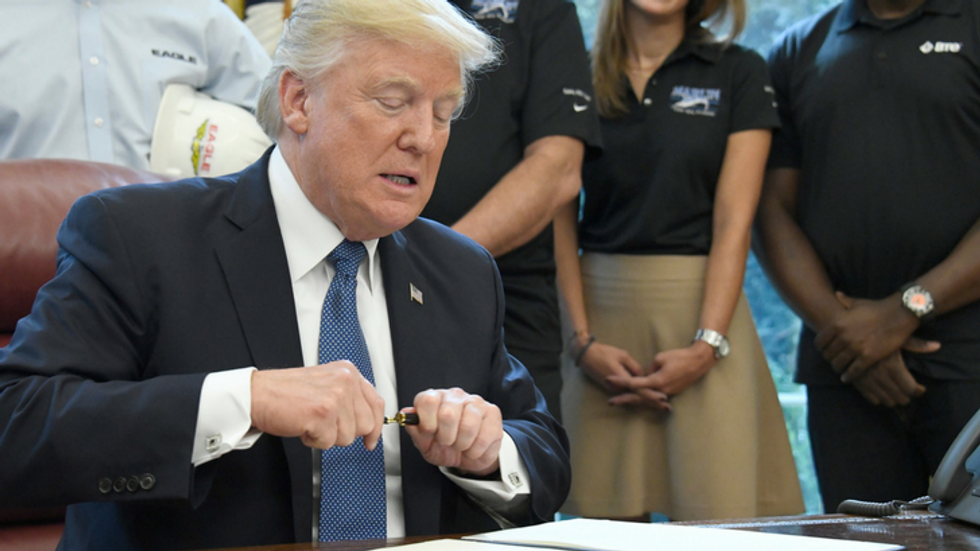

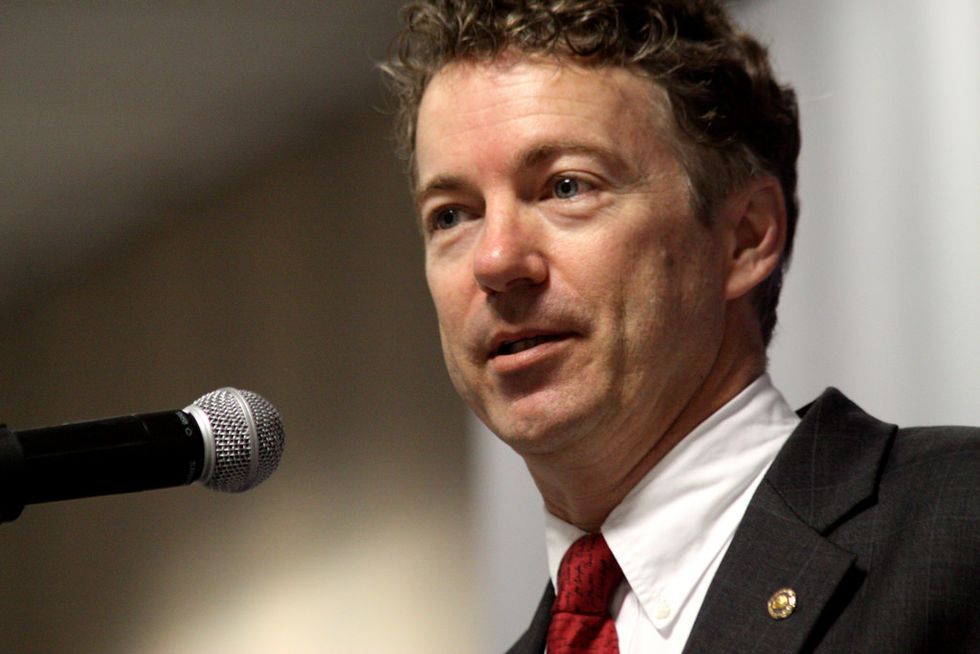
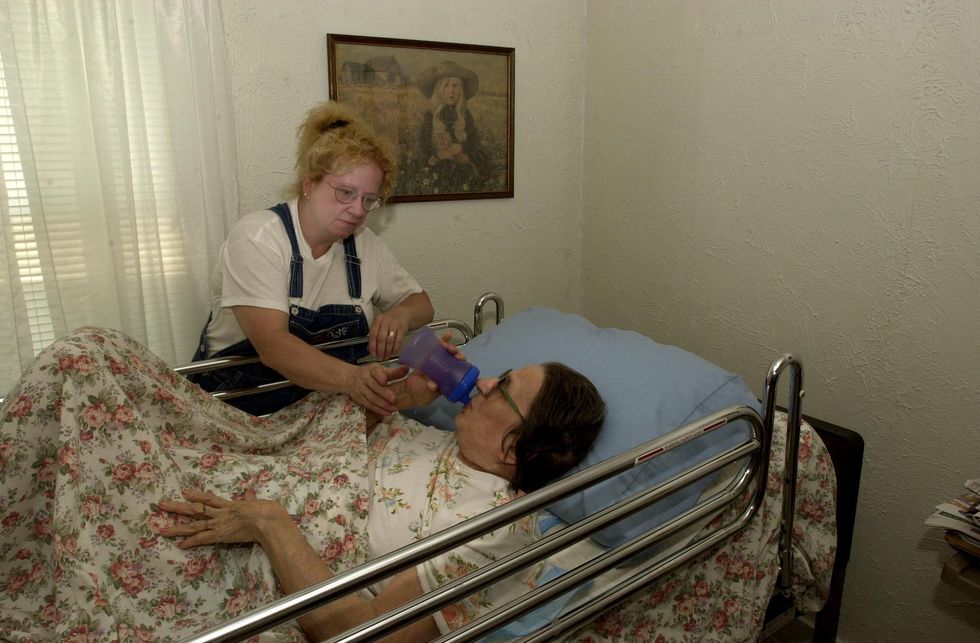


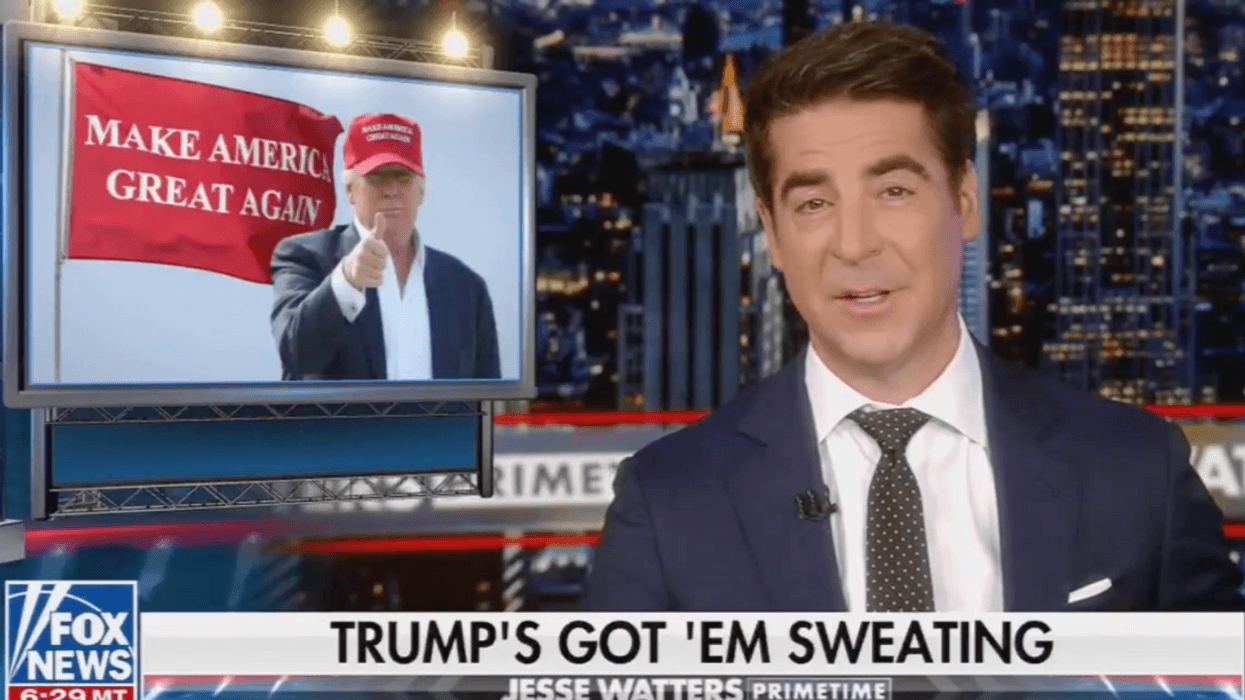
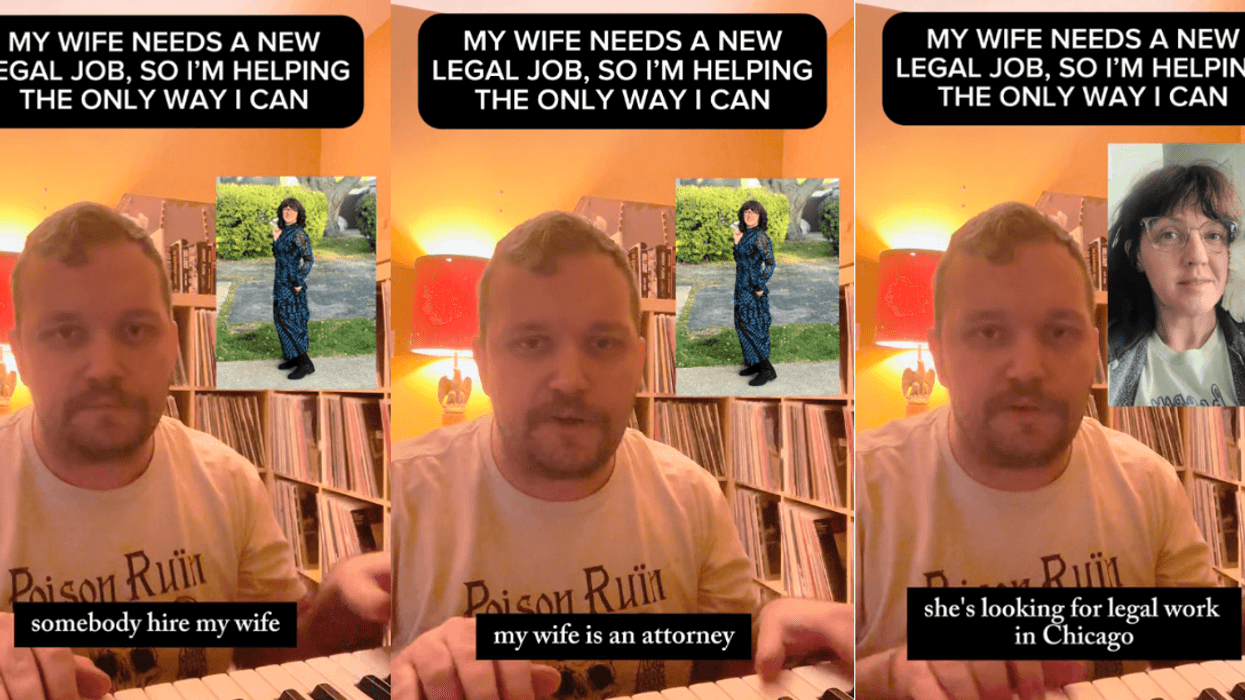


 Columbia Heights Public Schools
Columbia Heights Public Schools


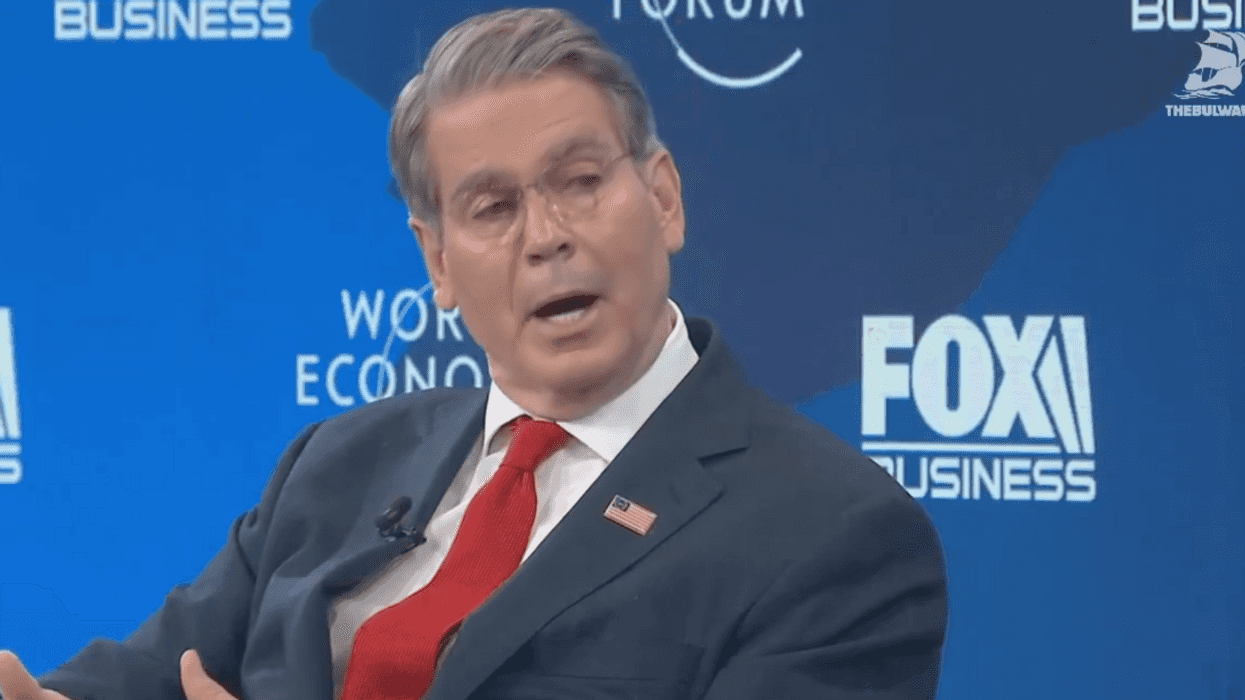

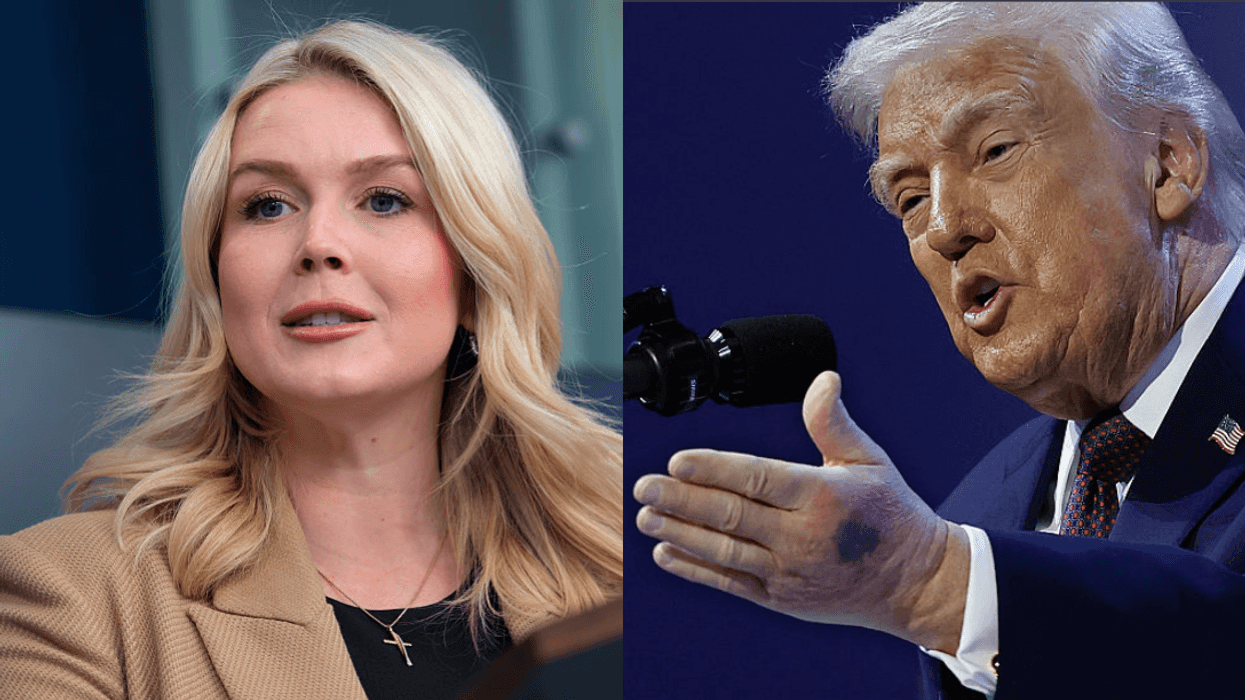
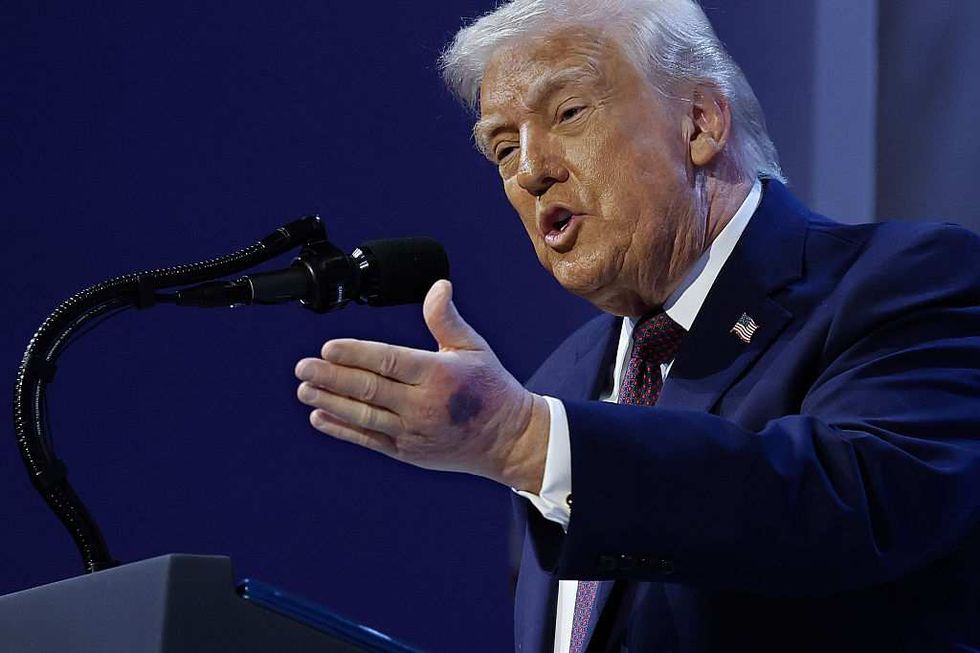 Chip Somodevilla/Getty Images
Chip Somodevilla/Getty Images
 Gym Weights GIF by Guava Juice
Gym Weights GIF by Guava Juice 
 Man With A Plan
Man With A Plan  Happy Feeling Good GIF by BEARISH
Happy Feeling Good GIF by BEARISH  Roadside Assistance Flat Tire GIF
Roadside Assistance Flat Tire GIF 
 u/Murky_Chemical891/Reddit
u/Murky_Chemical891/Reddit u/amazinglyshook/Reddit
u/amazinglyshook/Reddit u/OriginalChildBomb/Reddit
u/OriginalChildBomb/Reddit u/Autopsyyturvy/Reddit
u/Autopsyyturvy/Reddit u/_iridessence_/Reddit
u/_iridessence_/Reddit u/HallWild5495/Reddit
u/HallWild5495/Reddit u/fandomnightmare/Reddit
u/fandomnightmare/Reddit  u/SpecificBeyond2282/Reddit
u/SpecificBeyond2282/Reddit u/DvorakThorax/Reddit
u/DvorakThorax/Reddit u/SeaRespond9836/Reddit
u/SeaRespond9836/Reddit u/According-Garden-129/Reddit
u/According-Garden-129/Reddit
 @its.avelyn/TikTok
@its.avelyn/TikTok @its.avelyn/TikTok
@its.avelyn/TikTok @its.avelyn/TikTok
@its.avelyn/TikTok @its.avelyn/TikTok
@its.avelyn/TikTok @its.avelyn/TikTok
@its.avelyn/TikTok @its.avelyn/TikTok
@its.avelyn/TikTok @its.avelyn/TikTok
@its.avelyn/TikTok @its.avelyn/TikTok
@its.avelyn/TikTok @its.avelyn/TikTok
@its.avelyn/TikTok @its.avelyn/TikTok
@its.avelyn/TikTok